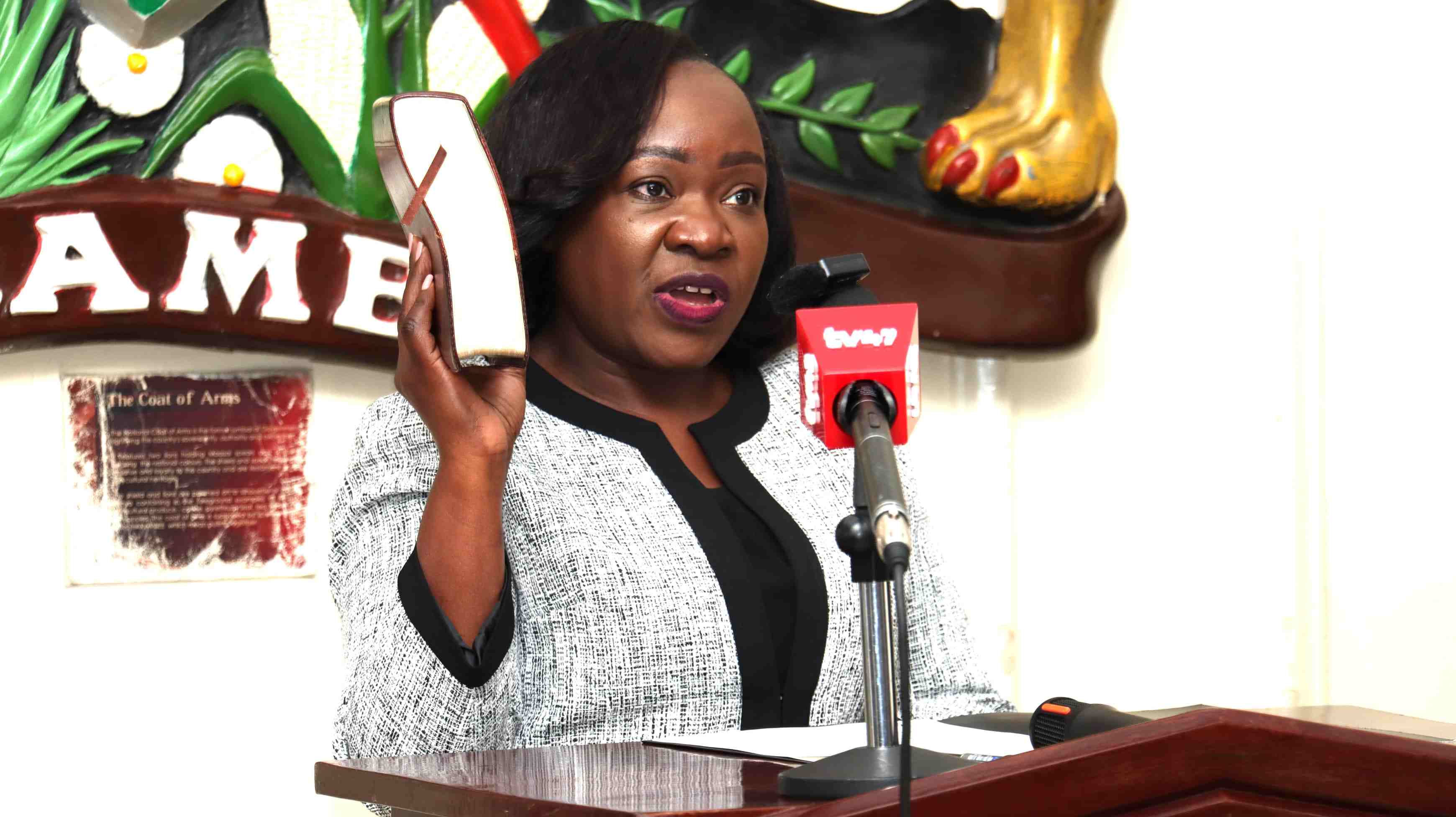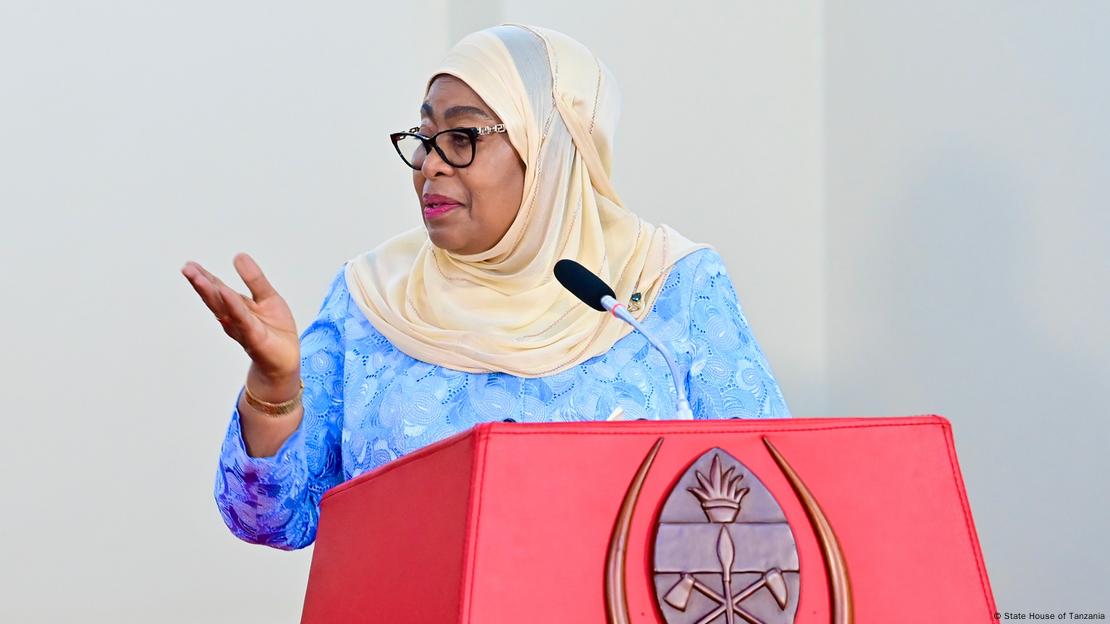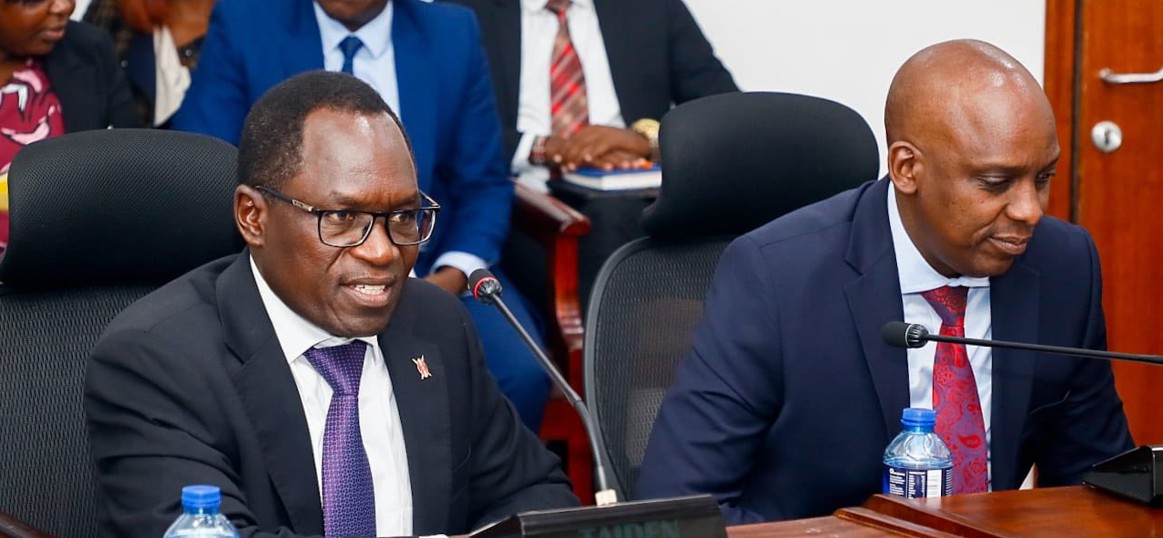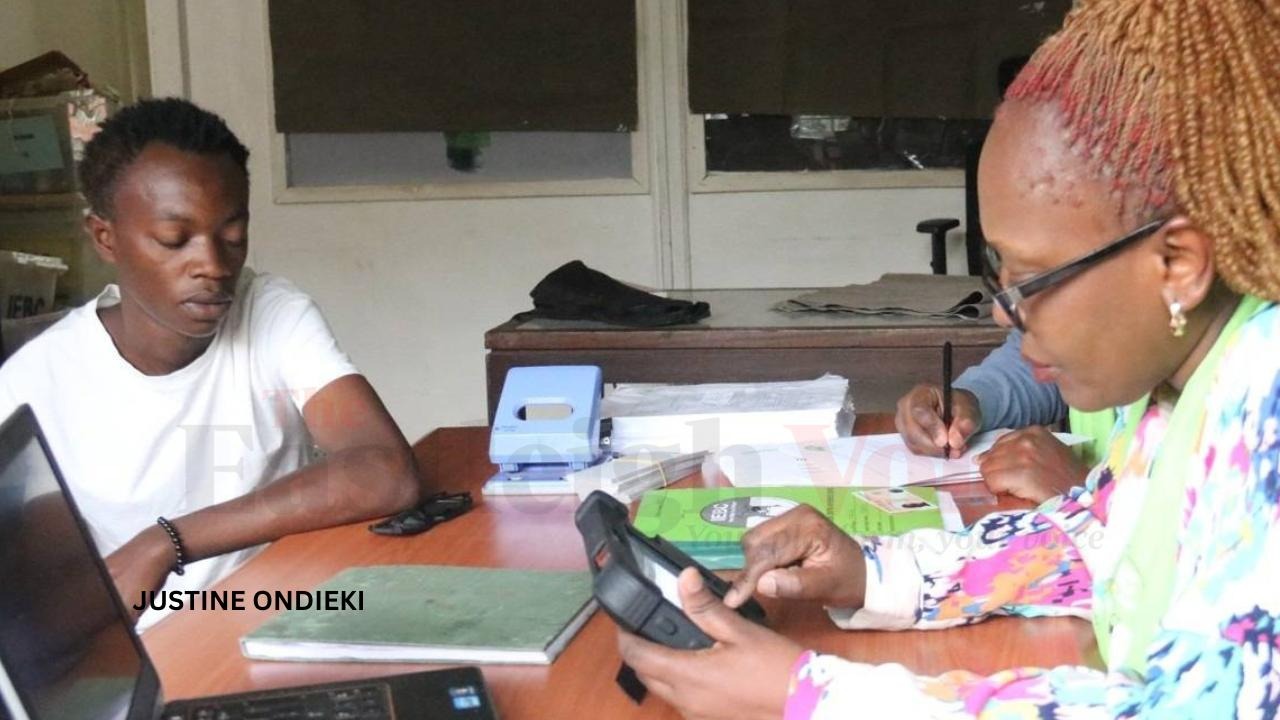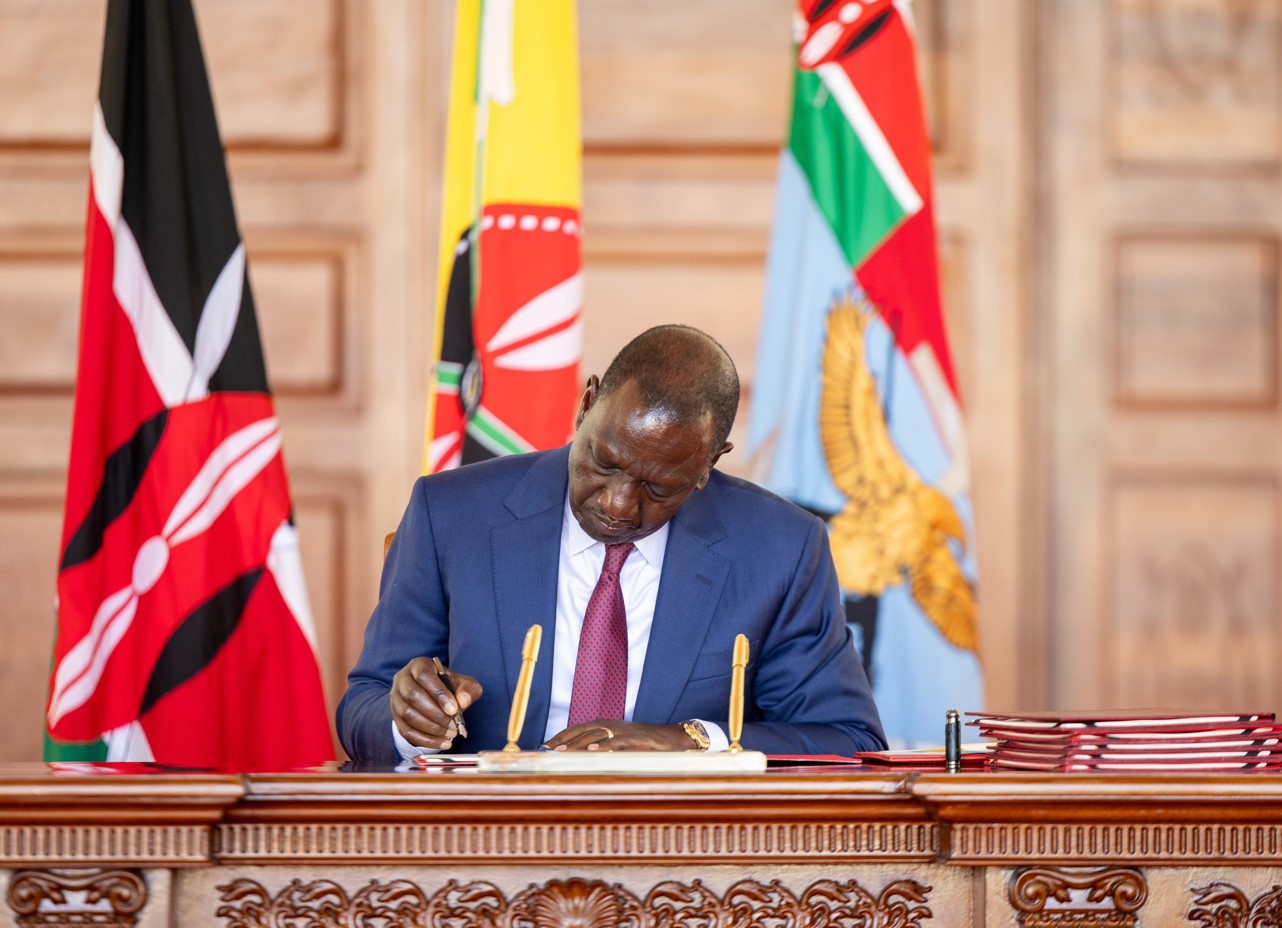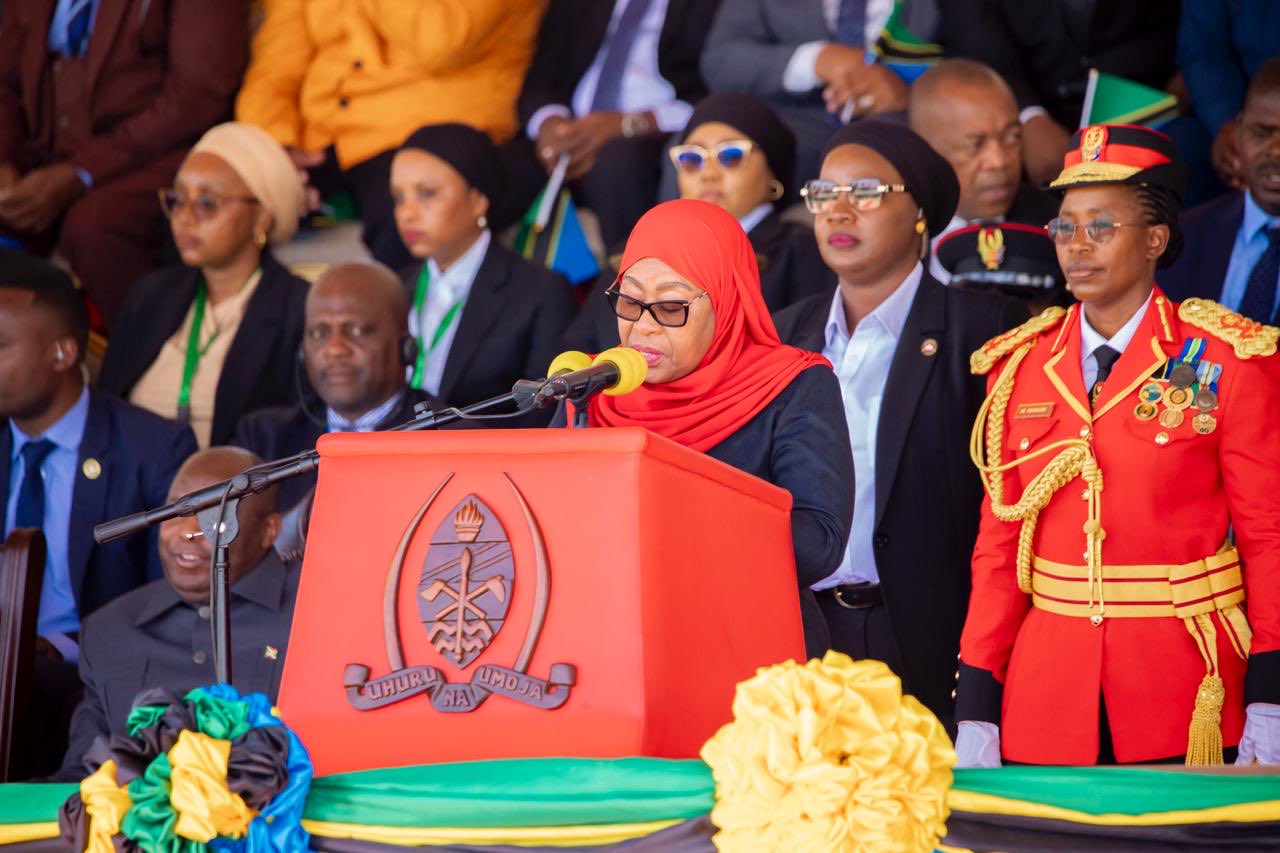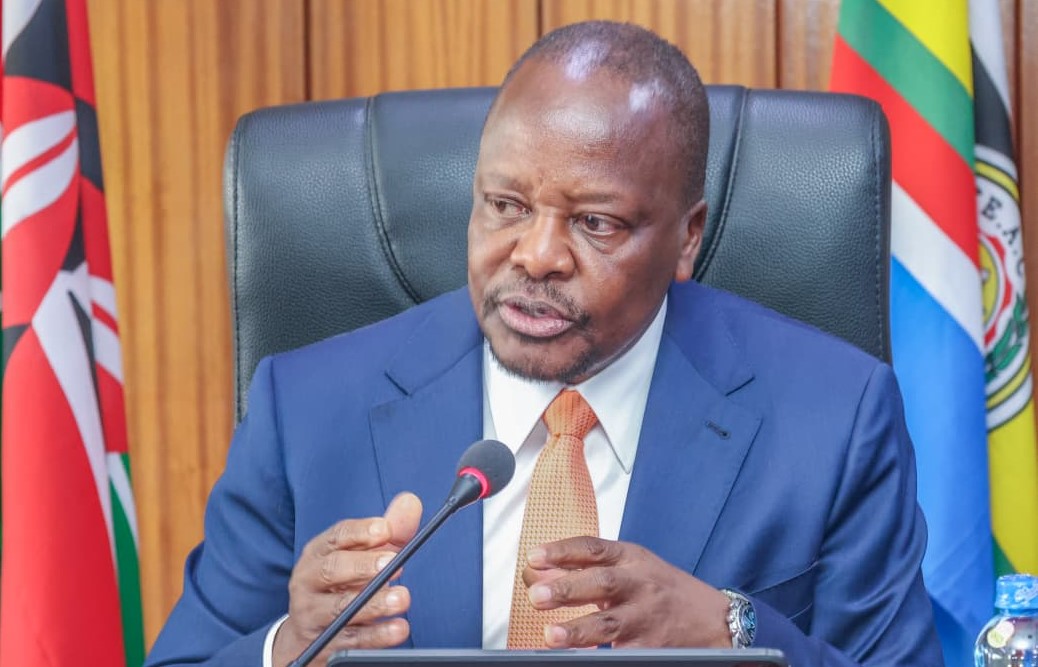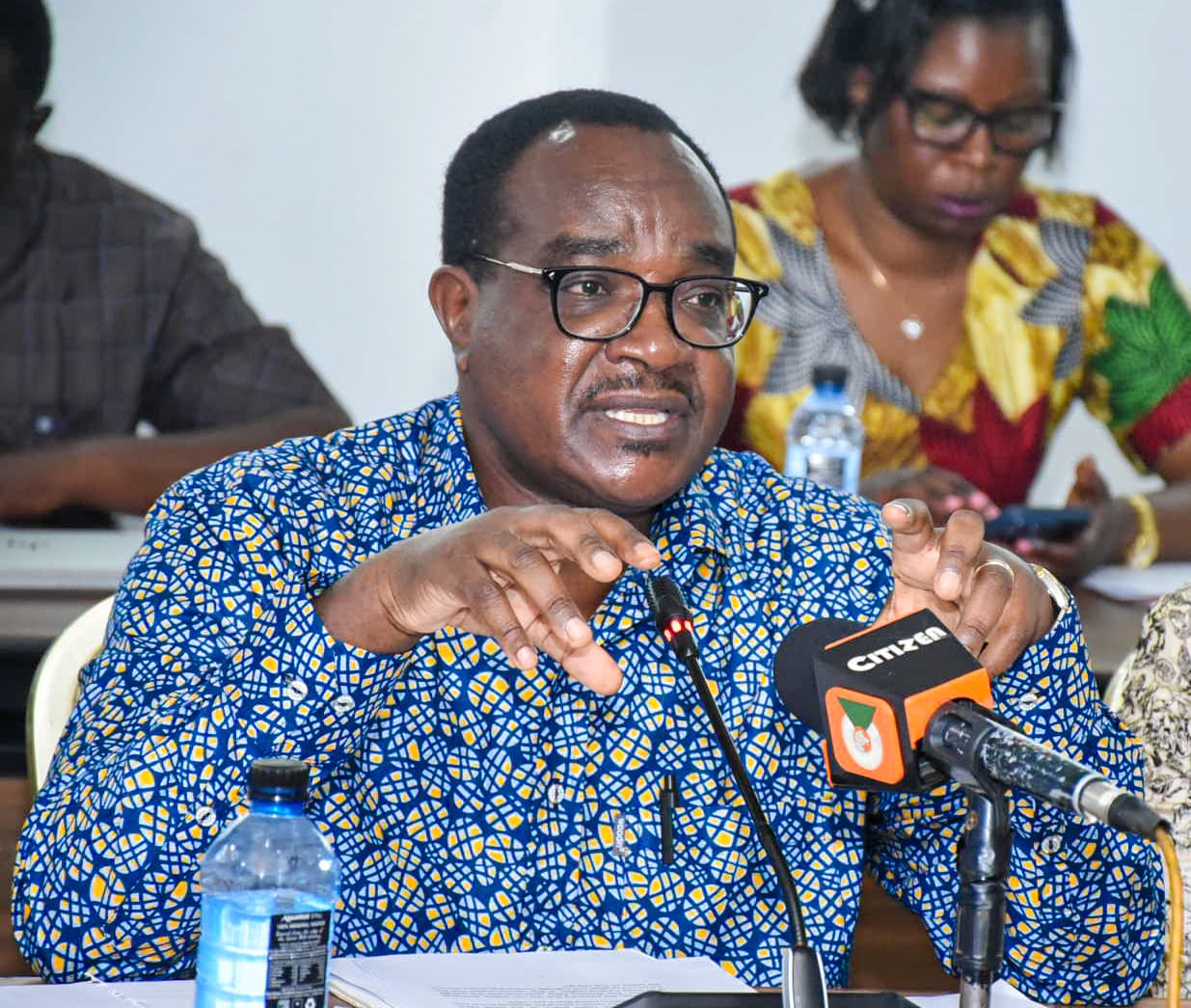Cabinet approves Kenya’s Sovereign Green Bond framework
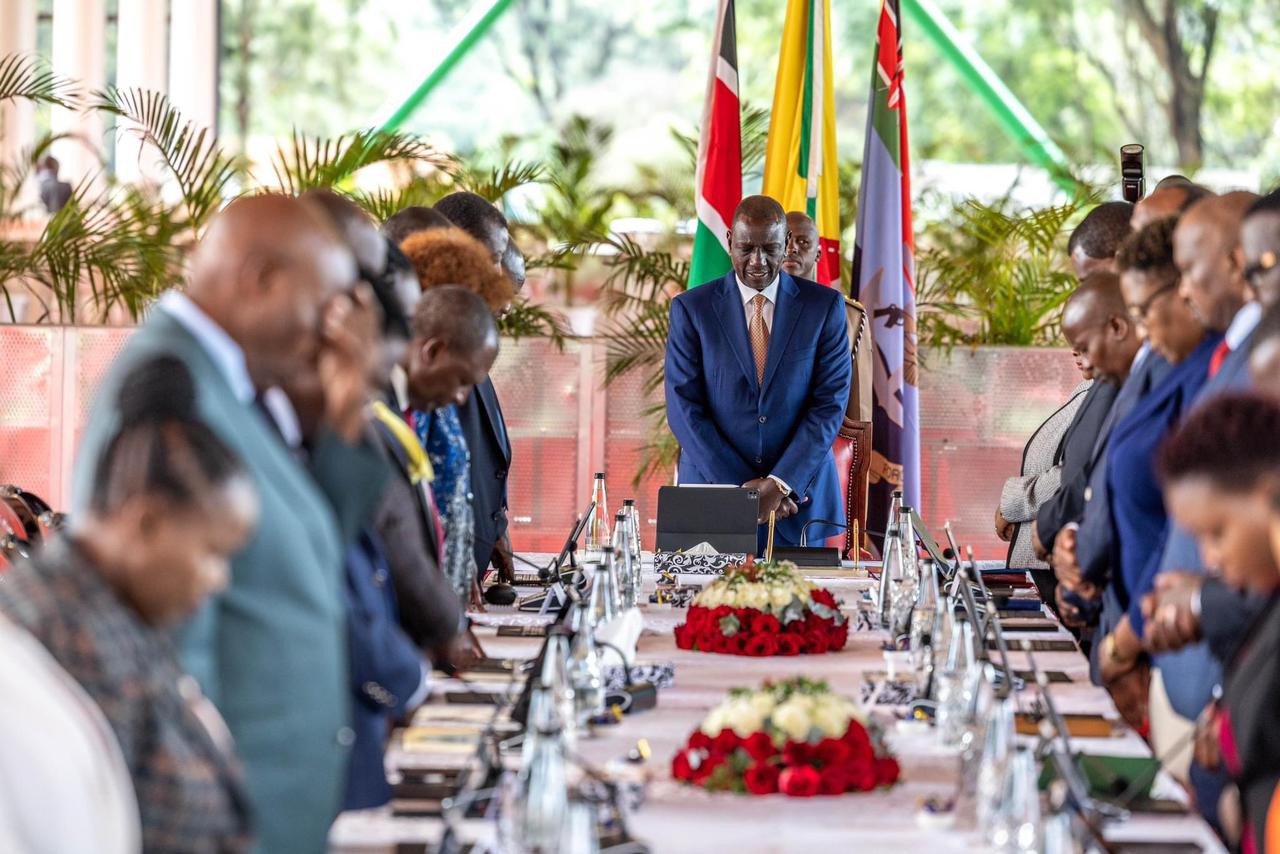
The framework seeks to secure alternative funding options for green and resilient investment to address the rising climate change costs.
The Cabinet on Monday approved Kenya’s Sovereign Green Bond framework that will help address climate change challenges.
The framework, a financial instrument aimed at raising funds for climate action, will strengthen links between climate initiatives and economic development. It seeks to secure alternative funding options for green and resilient investment to address the rising climate change costs.
More To Read
- Kenya among nine nations leading regional push to strengthen health systems against climate change
- Hurricane Melissa is a warning – why violent storms are increasingly catching the world off guard
- Turning food waste into energy key to climate goals, says UN report
- UN warns global climate adaptation funds running dangerously low
- Treasury seeks views on new Sovereign Wealth Fund Bill targeting national savings, strategic investment
- Why countries struggle to ditch fossil fuels despite rising costs, decades of climate deals
The draft targets the overreaching goals of meeting climate mitigation and adaptation targets and infrastructure demand, and contributing to the country’s sustainable development agenda by addressing food security, public health, poverty and unemployment.
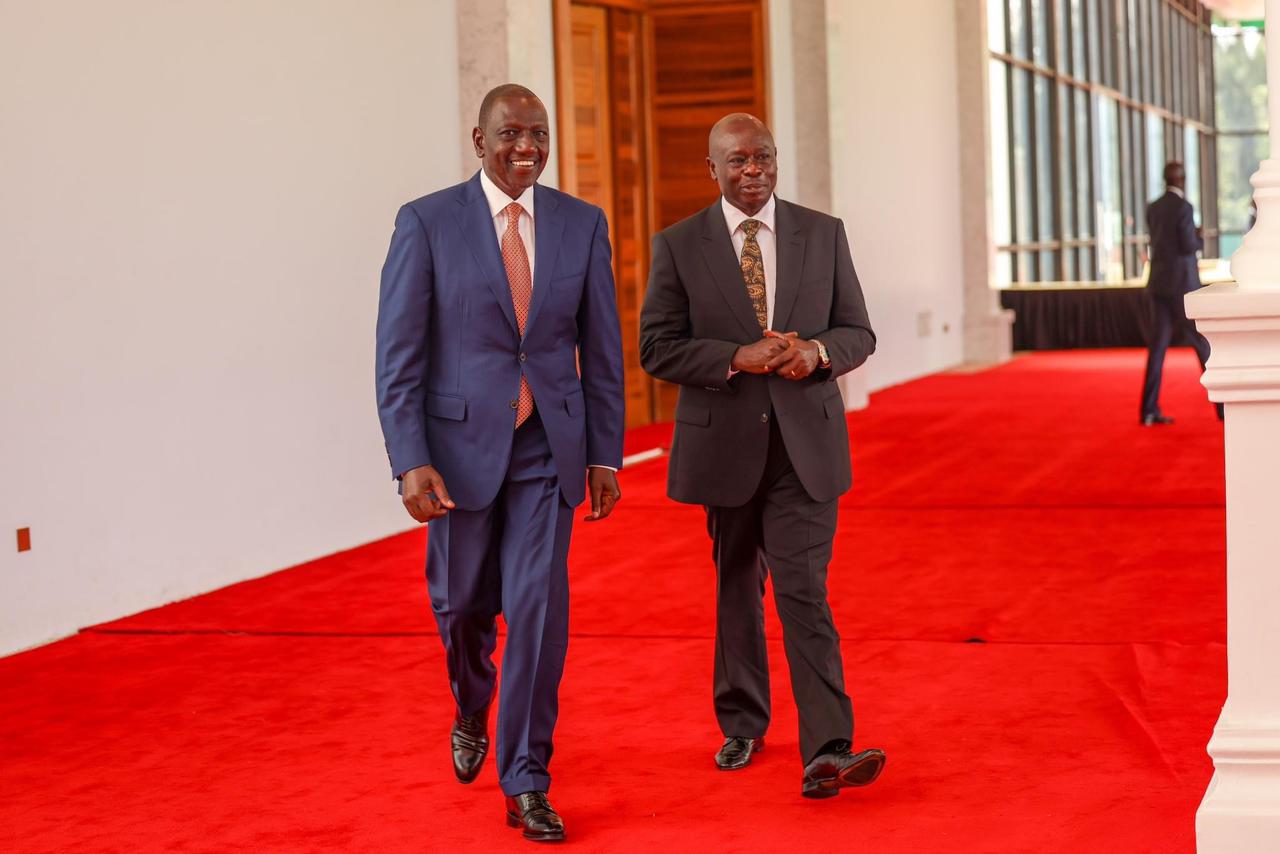 President William Ruto and Deputy President Rigathi Gachagua at the State House in Nairobi on January 15, 2024, when a Cabinet meeting took place. (Photo: State House)
President William Ruto and Deputy President Rigathi Gachagua at the State House in Nairobi on January 15, 2024, when a Cabinet meeting took place. (Photo: State House)
On the agriculture and livestock sector, the draft will promote climate smart agriculture, price stabilisation schemes for livestock and crop farmers, and post-harvest management of crops, livestock and fisheries.
The policy will also help the country to transition to a low carbon development pathway, address deforestation, and promote drought tolerant high value and alternative crops as well as efficient irrigation systems.
The Cabinet also approved implementation of the Treasury Single Account (TSA) for national and county governments, "a pivotal move to enhance public finance management., as well as the draft Kenya Social Protection Policy 2023, which aims to protect the poor and vulnerable from socio-economic challenges. It also approved implementation of the Electronic Government Procurement system at both the national and country levels to enhance efficiency and curb corruption.
Also approved was the The Railway Bill, 2024, which aims to initiate new ways of running railways and separating the freight,commuter and land development businesses.
The Cabinet further approved the Policy on Recognition of Prior Learning, ratification of the African Legal Support Facility Agreement, and a memorandum to join the Asian Infrastructure Investment Bank.
Top Stories Today

